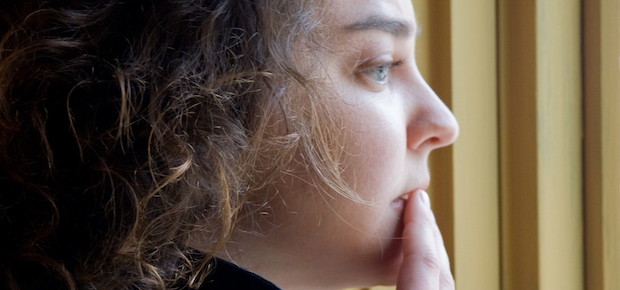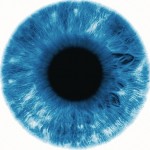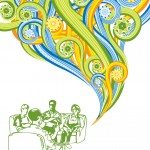Introduction
OCD (Obsessive Compulsive Disorder) is a condition characterised by distressing obsessive or ruminating thoughts, which in turn lead the person to perform certain actions compulsively. Common obsessions include contamination, thoughts about order or organisation and religious or sexual thoughts. Common compulsions include checking, cleaning, counting or ordering.
The presence of insight usually distinguishes OCD from psychotic illnesses, with individuals usually recognising the obsessive thoughts as their own.
It is usually a chronic disorder and is ranked by the World Health Organisation in the top ten of the most disabling illnesses by lost income and decreased quality of life.
What we already know
OCD is commonly viewed as an anxiety disorder and is strongly associated with other anxiety disorders. It also has a high level of comorbidity with depression.
Effective treatments include Cognitive Behavioural Therapy (including Exposure and Response Prevention), self-help groups, antidepressants and combined psychological and pharmacological treatments.
Areas of uncertainty
The aetiology of OCD remains unclear. Biological and psychological causal theories have been proposed, as well as genetic changes that may predispose certain individuals to the disorder.
A challenging area is the detection and treatment of OCD in children and we still know little about the links between OCD and mortality and suicide.
If the initial response to treatment with antidepressants is poor, there are augmentation strategies, including antipsychotics and other pharmacological treatments, although little is known about the definitive approach when using these.
What’s in the pipeline?
Existing medications for OCD mainly target the neurotransmitters serotonin and dopamine. However, there has been a proposed theory that symptoms result from an imbalance of the neurotransmitter glutamate, providing a new focus for future research.
Research is also ongoing into the role of electroconvulsive therapy, neurosurgery and deep brain stimulation in treating OCD.
References
‘Obsessive compulsive disorder’ NICE evidence update 47, Sep 2013 [PDF]
‘Obsessive-compulsive disorder: core interventions in the treatment of obsessive-compulsive disorder and body dysmorphic disorder’ NICE clinical guideline 31, 2005 [PDF]
‘Obsessive-compulsive disorder and body dysmorphic disorder’ NICE Pathway [PDF]
Common mental health disorders: Identification and pathways to care. NICE, CG123, May 2011. [PDF]
Semple, D. and Smyth, R. (eds.) (2013) Oxford Handbook of Psychiatry. 3rd ed. Oxford: Oxford University Press [Publisher]
Acknowledgement
Written by: Josephine Neale, Patrick Kennedy-Williams
Reviewed by:
Last updated: Sep 2015
Review due: Sep 2016













